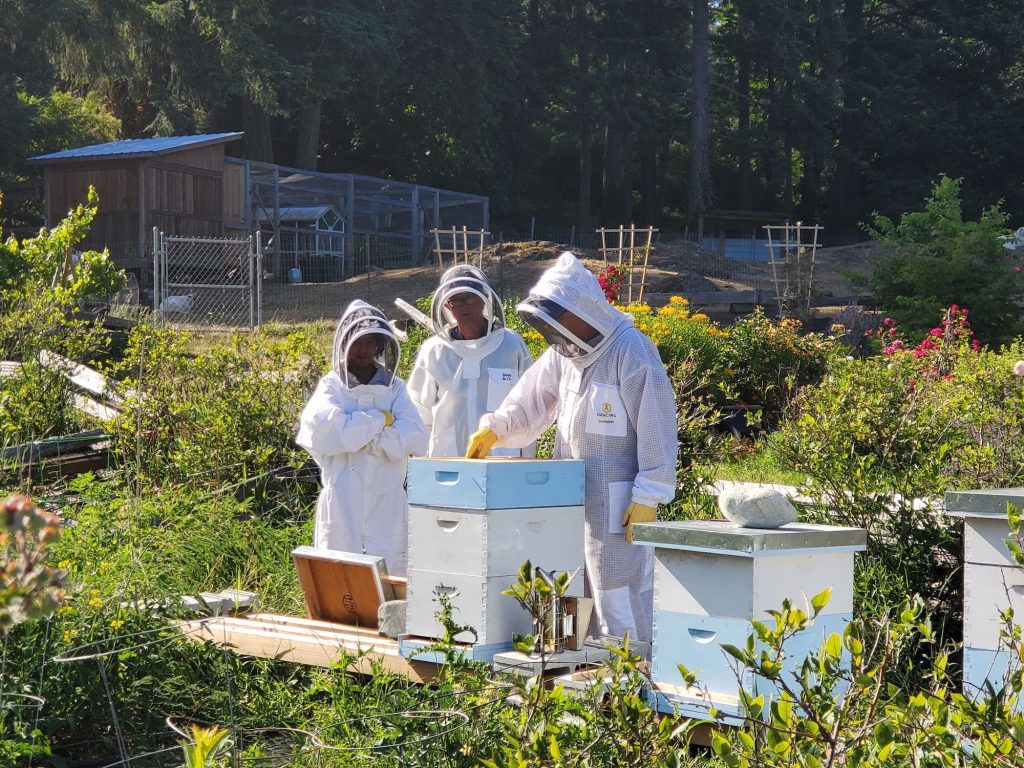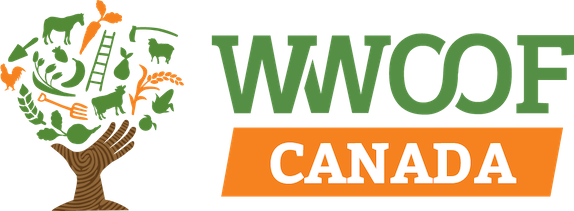
6 Tools For Learning about Organic Growing and Sustainable Living
(Photo: WWOOF Host, Agua Dulce)
Farming and growing involves a complex set of skills. So it makes sense that the best way to learn is to adopt a multipronged approach. Try to learn from as many sources as possible and try to have a range of types of sources — from classes to mentorships, books to webinars. This post, taken from a longer article by Small Farm Canada can help get you started.
1. Go WWOOFing
Hands-on learning is essential. Through WWOOF, you can be introduced to a variety of farm skills while working, living and learning on many different types of organic farms across the country and abroad. Even if you are already a host, WWOOFing can be a great way to learn new skills from your fellow farmers and growers.
2. Internships or Mentorships
This could be achieved through co-op programs at universities or colleges. However, many farming organizations, particularly organic farming groups (such as Young Agrarians), also offer apprenticeship or mentorship programs where you work with a specific farmer throughout a growing season
3. Be bookish
A college or university degree can provide a solid foundation for a life in farming, but isn’t essential. Books, magazines and courses can also serve as excellent sources of information. A good place to start is the Canadian Organic Grower’s online bookstore, or find your favourite book on Amazon.
4. Continuing Education
Learning to farm never ends. Even experienced farmers can continue to learn new skills, hone their existing skills and discover the latest in technological advances. This type of Continuing Education can be achieved through conferences, workshops, farm tours, field days and online learning.
5. Online Courses or Webinars
If you already have a farm, it might not be easy to leave the land to take a course or go to a conference. That doesn’t have to be an obstacle. You can learn from the comfort of your own house, often at your own schedule and for free. There is lots of information available on Youtube, or you can find more formalized courses on Udemy or Skillshare.
6. Podcasts
Search for “farming podcast” online and you will find a long list of farm-related audio shows. You can subscribe to these (usually for free) or just pick and choose which ones you want to hear. Just search for permaculture (or a similar term) on your favourite podcast app).
There’s so much to learn and so many resources. Small Farm Canada provides this guide to help you navigate your way through the many educational opportunities available to Canadian small farmers.

